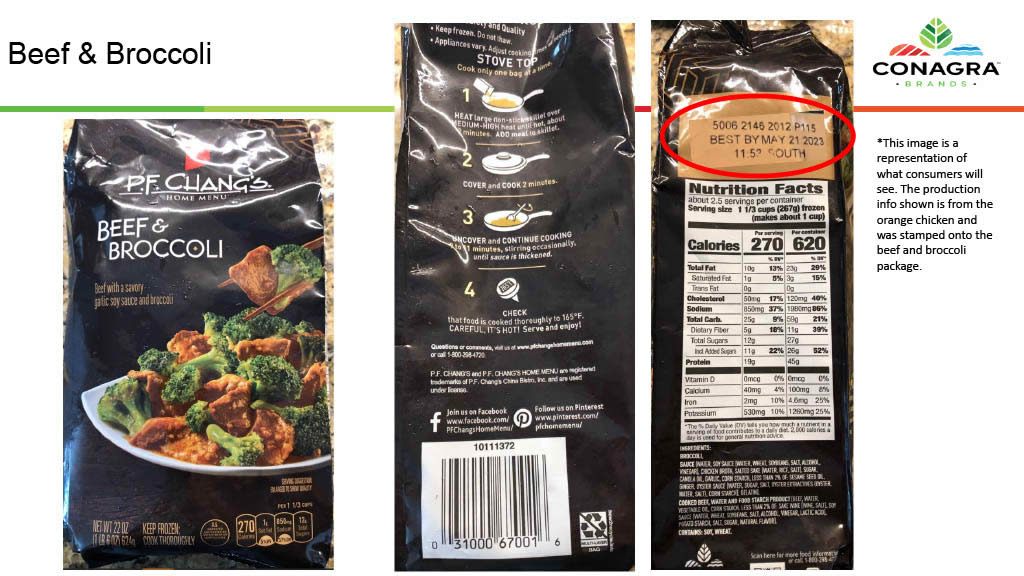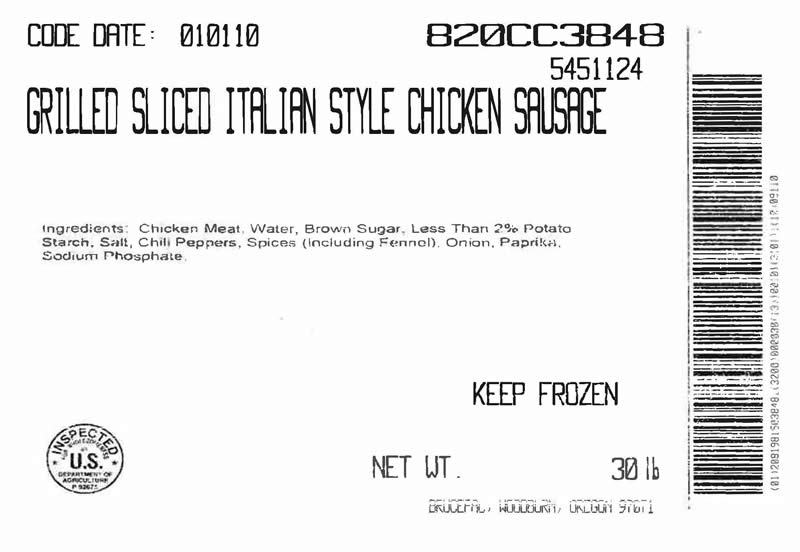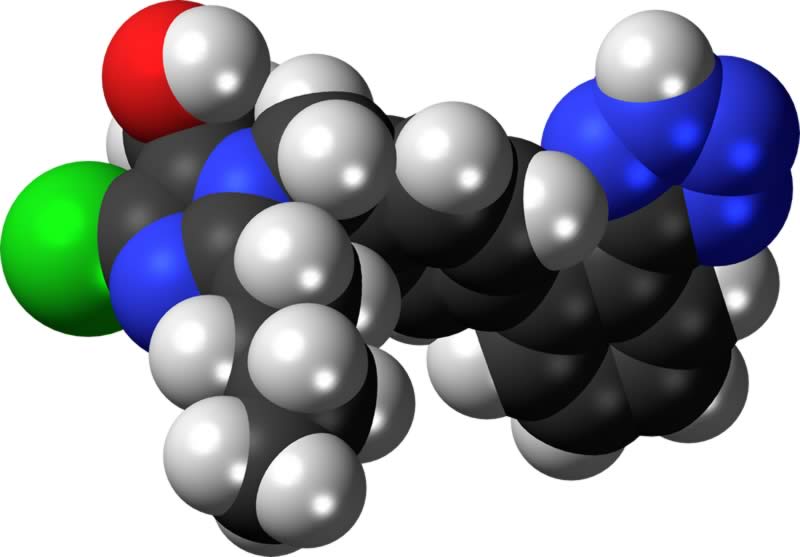Silver Spring, Maryland—(ENEWSPF)—November 5, 2010.
Fast Facts
- Bravo Farms Dutch Style Gouda cheese, (Costco item 40654) offered for sale and in cheese sampling events at Costco Wholesale Corporation (Costco) locations is preliminarily linked with an outbreak of E.coli O157:H7 infections.
- Consumers who have any of this cheese should not eat it. They should return the cheese to the place of purchase or dispose of it in a closed plastic bag and place in a sealed trash can to prevent people or animals, including wild animals, from eating it.
- Most people infected with E. coli O157:H7 develop diarrhea and abdominal cramps, but some illnesses may last longer and can be more severe. While most people recover within a week, some may develop a severe infection. Rarely, as symptoms of diarrhea improve, a type of kidney failure called hemolytic uremic syndrome (HUS) can occur; this can happen at any age but is most common in children under 5 years old and in older adults. People with HUS should be hospitalized immediately, as their kidneys may stop working and they may be at risk for other serious health problems.
- As of Thursday, November 4, 2010, 25 persons infected with the outbreak strain of E. coli O157:H7have been reported from five states since mid-October. The number of ill persons identified in each state with this strain is as follows: AZ (11), CA (1), CO (8), NM (3) and NV (2). There have been 9 reported hospitalizations, 1 possible case of hemolytic uremic syndrome (HUS), and no deaths.
What is the Problem?
The U.S. Food and Drug Administration and the Centers for Disease Control and Prevention join Costco Wholesale Corporation (Costco), in warning consumers not to consume Bravo Farms Dutch Style Gouda cheese (Costco item 40654), as this cheese may be associated with an outbreak of E.coli O157:H7 infections. The cheese was available for sale, and free samples were offered for in-store tasting at Costco in Arizona, California, Colorado, New Mexico and Nevada.
What are the Symptoms of Illness/Injury?
Most people infected with E. coli O157:H7 develop diarrhea and abdominal cramps, but some illnesses may last longer and can be more severe. While most people recover within a week, some may develop a severe infection. Rarely, as symptoms of diarrhea improve, a type of kidney failure called hemolytic uremic syndrome (HUS) can occur; this can happen at any age but is most common in children under 5 years old and in older adults. People with HUS should be hospitalized immediately, as their kidneys may stop working and they may be at risk for other serious health problems.
What Do Consumers Need To Do?
Do not eat Bravo Farms Dutch Style Gouda cheese (Costco Item 40654) purchased at Costco. Consumers should return this product to the place of purchase or dispose of it in a closed plastic bag and place in a sealed trash can to prevent people or animals, including wild animals, from eating them. Anyone who experienced signs or symptoms of E. coli O157:H7 infection should contact his or her healthcare provider immediately. Healthcare providers should report any suspected infection to state or local public health authorities right away.
Where is it Distributed?
Costco offered the Bravo Farms Dutch Style Gouda cheese for sale and for in-store tasting at its stores in Arizona, California, Colorado, New Mexico and Nevada.
What is Being Done to Protect Consumers?
The FDA, CDC and Costco are working together on the investigation and will update the public with more information as soon as it is available. As more information becomes available, the recommendations to consumers may change. The FDA, in conjunction with the state of California, has initiated an investigation at Bravo Farms.
In addition, Costco is advising consumers to return any remaining Bravo Farms Dutch Style Gouda cheese they may have at home to Costco for a full refund. Costco has voluntarily removed the cheese from its stores and, using card purchase records, has notified consumers by phone of the situation.
Source: fda.gov








